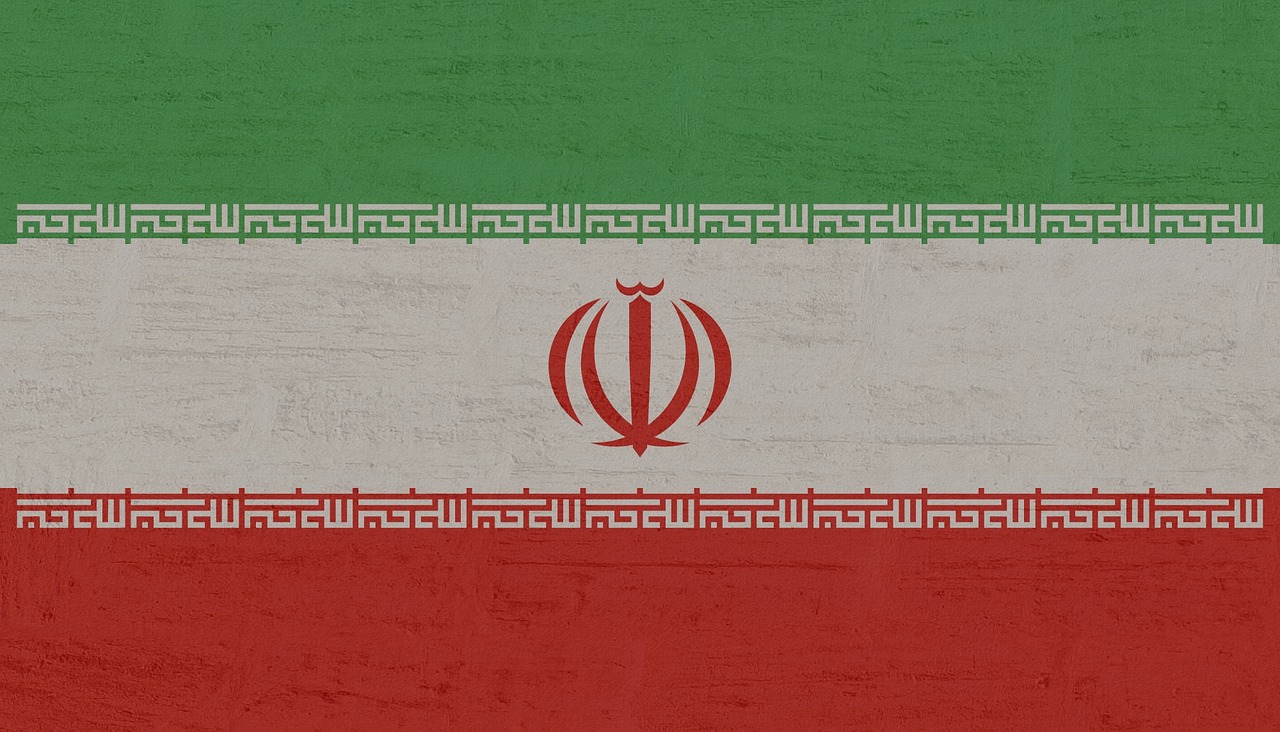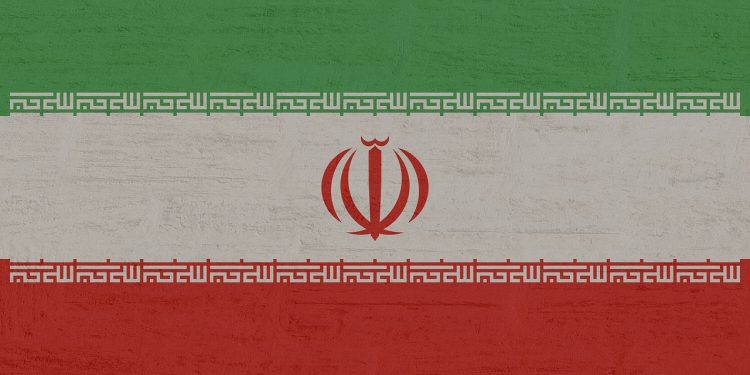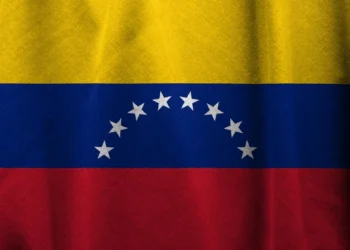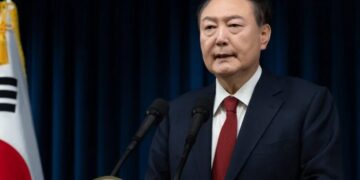Iran has officially halted all cooperation with the International Atomic Energy Agency (IAEA), President Masoud Pezeshkian announced Wednesday, marking a dramatic escalation in Tehran’s nuclear standoff with the West. The decision follows US airstrikes on Iran’s nuclear enrichment sites in late June and comes after Iranian lawmakers passed a bill last week authorizing the suspension.
Under the new measures, IAEA inspectors will now require explicit approval from Iran’s Supreme National Security Council before accessing nuclear facilities—with access contingent on vague “security guarantees.”
The move builds on Tehran’s recent actions, including: banning IAEA chief Rafael Grossi from facilities, removing surveillance cameras from nuclear sites and publicly condemning the UN watchdog for not denouncing US strikes
The IAEA confirmed it was assessing the situation but noted it hadn’t received formal notification from Tehran.

Global Reactions and Nuclear Deal Fallout
The decision shreds remnants of the 2015 Iran nuclear deal (JCPOA), which had allowed robust IAEA monitoring in exchange for sanctions relief. Since the US withdrawal in 2018 under President Trump, Iran has gradually abandoned its commitments—a process accelerated after the recent US bombardment of enrichment sites.
European powers (UK, France, Germany) condemned Tehran’s latest move, while Grossi warned Iran could “produce enriched uranium within months” if unchecked. The IAEA chief’s tempered assessment that US strikes didn’t “totally obliterate” facilities drew particular ire from Iranian officials, with Pezeshkian telling French President Macron that trust in the agency was “broken.”
What this means for Global Nonproliferation
With diplomatic channels crumbling, the suspension effectively blindsides the IAEA on Iran’s nuclear activities, raises risks of undetected weapons development and diminishes hopes for reviving the JCPOA

















